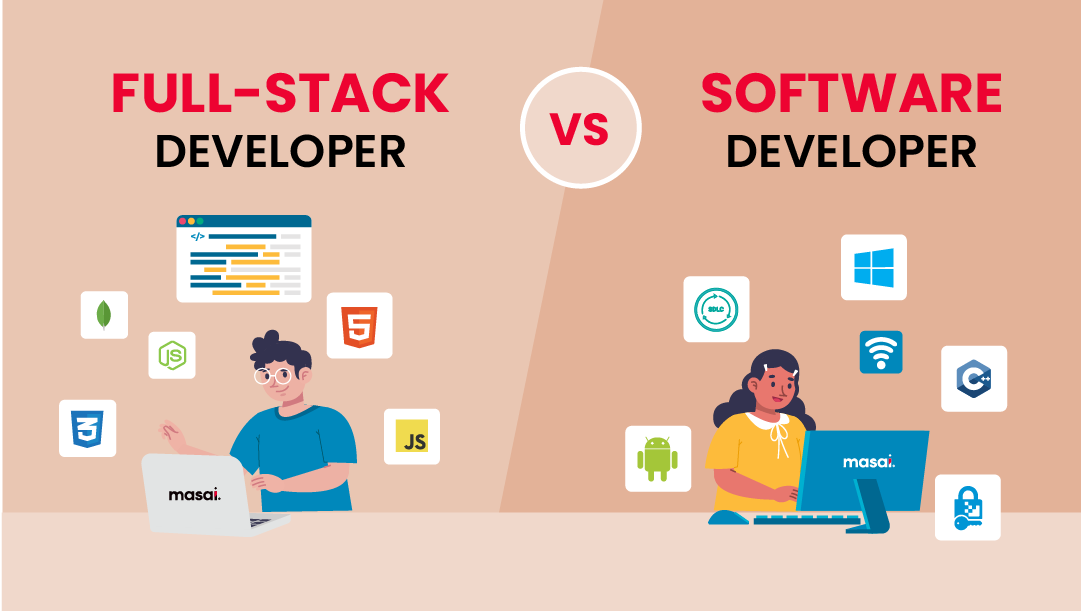Committed Developers vs. In-House Teams: Which Is Right for You?
The decision in between using dedicated designers and maintaining an in-house team is a considerable one that can affect the trajectory of your jobs and total organization approach. Devoted designers provide a degree of versatility and customized experience that can be beneficial for details, short-term initiatives. On the other hand, internal groups add to a natural firm society and a nuanced understanding of long-term goals. By analyzing critical factors such as spending plan, project extent, and wanted control, you can better figure out which technique straightens with your business demands. The ramifications of this option extend past prompt results-- consider the more comprehensive impact on your company landscape.
Comprehending Committed Developers
The growing demand for specialized abilities in the tech market has resulted in the development of dedicated designers as a viable solution for lots of organizations. These experts are usually gotten on a task basis, enabling firms to utilize certain expertise without the long-term dedication connected with permanent hires. Dedicated developers are usually embedded within a customer's group, giving versatility and scalability to satisfy project requirements.
This design enables companies to access an international talent pool, which is particularly helpful in a rapidly progressing technical landscape. Committed designers can be sourced from various geographical places, guaranteeing that business can find the right capability at competitive rates. They commonly bring a riches of experience and knowledge, having actually worked with varied tasks throughout different sectors.
Additionally, specialized programmers can focus exclusively on the jobs handy, boosting productivity and effectiveness. They are equipped to integrate flawlessly into existing workflows, working together carefully with internal groups to attain job goals. This strategy not only lowers the burden of recruitment and training yet also enables organizations to remain nimble, adjusting quickly to transforming market demands and technological developments.
Advantages of In-House Teams

In addition, in-house groups have a tendency to have a much deeper understanding of the firm's goal, values, and objectives. This alignment can boost worker interaction and motivation, as employee really feel a lot more attached to their work and the organization's success. In addition, having a devoted internal group enables much better positioning of techniques and purposes, as these participants are continually focused on the company's top priorities.
In-house groups likewise facilitate quicker decision-making processes, as they can react much more swiftly to difficulties and changes. The established relationships and knowledge with business methods permit structured operations and decreased miscommunication. Inevitably, the mix of a cohesive society, alignment with organizational objectives, and efficient communication makes internal groups an important asset for several companies, particularly those seeking to grow lasting development and development.
Expense Factors To Consider
When examining price factors to consider, both devoted designers and internal groups present distinctive monetary ramifications for organizations. Engaging devoted developers usually includes a he has a good point pay-per-project or hourly rate design, which can be cost-effective for companies with changing project demands. This method enables versatility in scaling sources up or down, making certain that firms just spend for the solutions they require.
On the other hand, in-house teams entail dealt with expenses, including wages, advantages, and overhead expenditures such as workplace room and devices. While this design uses higher control and instant availability of resources, it might bring about higher long-lasting expenses, specifically if the work does not warrant a permanent team.
Additionally, business should take into consideration the covert costs related to employment and training of in-house staff members, which can better stress budget plans. In some situations, the time and sources invested in handling an in-house group can take away from the company's core company goals.

Task Management and Versatility
Task management and adaptability are important factors that influence the option between internal groups and dedicated developers. Dedicated designers typically use a high level of versatility, permitting organizations to scale resources up or down based upon project demands. This agility can be especially beneficial for services experiencing rising and fall work or those looking for to innovate rapidly. Dedicated teams typically have actually developed processes for handling jobs successfully, leveraging details techniques like Agile or Scrum, which assist in repetitive progress and flexibility.

Inevitably, the choice in between internal teams and dedicated developers rests on the preferred degree of versatility and the certain task monitoring demands. Firms must evaluate their visit the website functional characteristics, task complexity, and source schedule to determine which option aligns best with their tactical objectives.
Making the Right Choice
Choosing the right development approach-- committed developers or internal teams-- needs a careful evaluation of numerous elements that line up with a company's calculated objectives. Conversely, internal groups can offer far better connection and combination with existing employees.
Following, assess your budget. Devoted programmers commonly offer a cost-effective option for temporary projects, while internal teams might sustain greater lasting costs as a result of wages, benefits, and overhead expenses. Analyze the degree of control and collaboration wanted; in-house groups content typically promote more powerful interaction and alignment with company culture.
Additionally, think about the moment frame. If immediate results are required, committed programmers can be onboarded rapidly, whereas developing an in-house team takes time for employment and training. Weigh the long-term vision of your company. Spending in an in-house team may produce better returns over time if continuous development is important. Ultimately, the decision hinges on a detailed analysis of these elements, making certain positioning with your company's operational demands and overall purposes.
Final Thought
Finally, the choice between specialized designers and internal groups hinges on task demands and organizational purposes. Dedicated designers give versatility and specific competence, making them ideal for temporary initiatives. Alternatively, in-house teams grow a cohesive culture and much deeper alignment with lasting goals. Cautious analysis of budget restrictions, job timelines, and wanted control levels is vital for determining the most suitable strategy, ensuring alignment with strategic top priorities and functional performance.
The decision in between making use of dedicated developers and maintaining an in-house group is a significant one that can affect the trajectory of your projects and overall company method.Job administration and versatility are crucial variables that influence the selection in between specialized programmers and in-house groups. dedicated development team.In comparison, in-house groups may succeed in keeping a regular job monitoring structure due to their knowledge with the organization's culture and lasting goals. Committed designers commonly provide a cost-efficient option for temporary tasks, while in-house teams may incur greater long-term costs due to wages, benefits, and expenses prices.In verdict, the choice between in-house groups and devoted programmers hinges on project requirements and business purposes
Comments on “Structure Success with a Dedicated Development Team for Your Business Demands”